The FAA’s new BasicMed rule goes into effect on May 1, 2017.
The FAA has issued their final rule (which they’re calling BasicMed) regarding third class medical reform, which outlines the requirements for allowing general aviation pilots to fly without holding an FAA medical certificate.
FAA Administrator Michael Huerta said “The United States has the world’s most robust general aviation community, and we’re committed to continuing to make it safer and more efficient to become a private pilot. The BasicMed rule will keep our pilots safe but will simplify our regulations and keep general aviation flying affordable.”
The reform comes after the passage of the July 15, 2016, FAA Extension, Safety, and Security Act of 2016 which directed the agency to issue new or revised regulations by January 10, 2017 (with the final rule being issued yesterday, the FAA made it just in time), in order to provide pilots the ability to fly certain aircraft without having to go through the medical certification process outlined in FAR Part 67, as long as the pilot and aircraft meet certain conditions outlined in the Act.
In addition to the new final rule, the Agency says they’re working with nonprofit organizations and not-for-profit GA groups to develop online medical courses that will meet the requirements of the act.
More Details on the FAA’s BasicMed Rule
Previously, the FAA required that private, recreational and student pilots all met the requirements for and held a current third class medical certificate. The process for obtaining the certificate, which was valid for five years for pilots under 40 and two years for pilots age 40 and over, required completing an online application and going through a physical examination with an FAA-designated Aviation Medical Examiner.
Beginning on May 1, 2017, these conditions will change, and pilots will be able to either continue using an approved FAA medical certificate or take advantage of the new BasicMed rule. Under BasicMed, pilots will be required to complete a medical education course, undergo a medical exam with a state-licensed physician every four years, and comply with aircraft and operating restrictions.
According to the agency, here are the basic requirements for current pilots to fly under BasicMed. Pilots who have never held a medical certificate, including student pilots, will need to go through the process to obtain one from the FAA one time only before they are able to fly under BasicMed rules:
Basic Pilot Requirements:
- Possess a valid U.S. driver’s license.
- Have held a medical certificate that was valid at any time after July 15, 2006.
- Have completed a medical education course described in FESSA within the past 24 calendar months.
- Have received a comprehensive medical examination from a State-licensed physician within the previous 48 months.
- Is under the care and treatment of a physician for certain conditions.
- Make certain health attestations.
- Agree to a National Driver Register check.
- Have not had the most recently held medical certificate revoked, suspended, or withdrawn.
- Have not had the most recent application for airman medical certification completed and denied.
Basic Aircraft Requirements:
- Any aircraft authorized under federal law to carry not more than 6 occupants.
- Has a maximum certificated takeoff weight of not more than 6,000 pounds.
Basic Operating Requirements:
- Carries not more than five passengers.
- Operates under VFR or IFR, within the United States, at less than 18,000 feet MSL, not exceeding 250 knots.
- Flight not operated for compensation or hire.
For those interested, the full text of the final rule can be found here, and the posting of the rule on the Federal Register can be found here. The FAA has also provided an advisory circular describing the implementation of the rule, which can be found here.
Reactions to BasicMed From the Aviation Community
NBAA’s President and CEO Ed Bolen commended the FAA for moving ahead on the reform, saying that “The implementation of the rule will allow the FAA to put scarce agency resources to higher-risk oversight activities while remaining focused on the safety of flight.”
AOPA’s President and CEO Mark Baker said he believes BasicMed to be the best thing to happen to general aviation in decades, adding that “By putting medical decisions in the hands of pilots and their doctors, instead of the FAA, these reforms will improve safety while reducing burdensome and ineffective bureaucracy that has thwarted participation in general aviation.”
And EAA’s CEO and Chairman Jack Pelton said that this was the moment we’ve all been waiting for, and that now that the rule was in place, EAA and AOPA “will work to educate members, pilots, and physicians about the specifics in the regulation.”
Featured Image: Kevin Kerrick, CC2



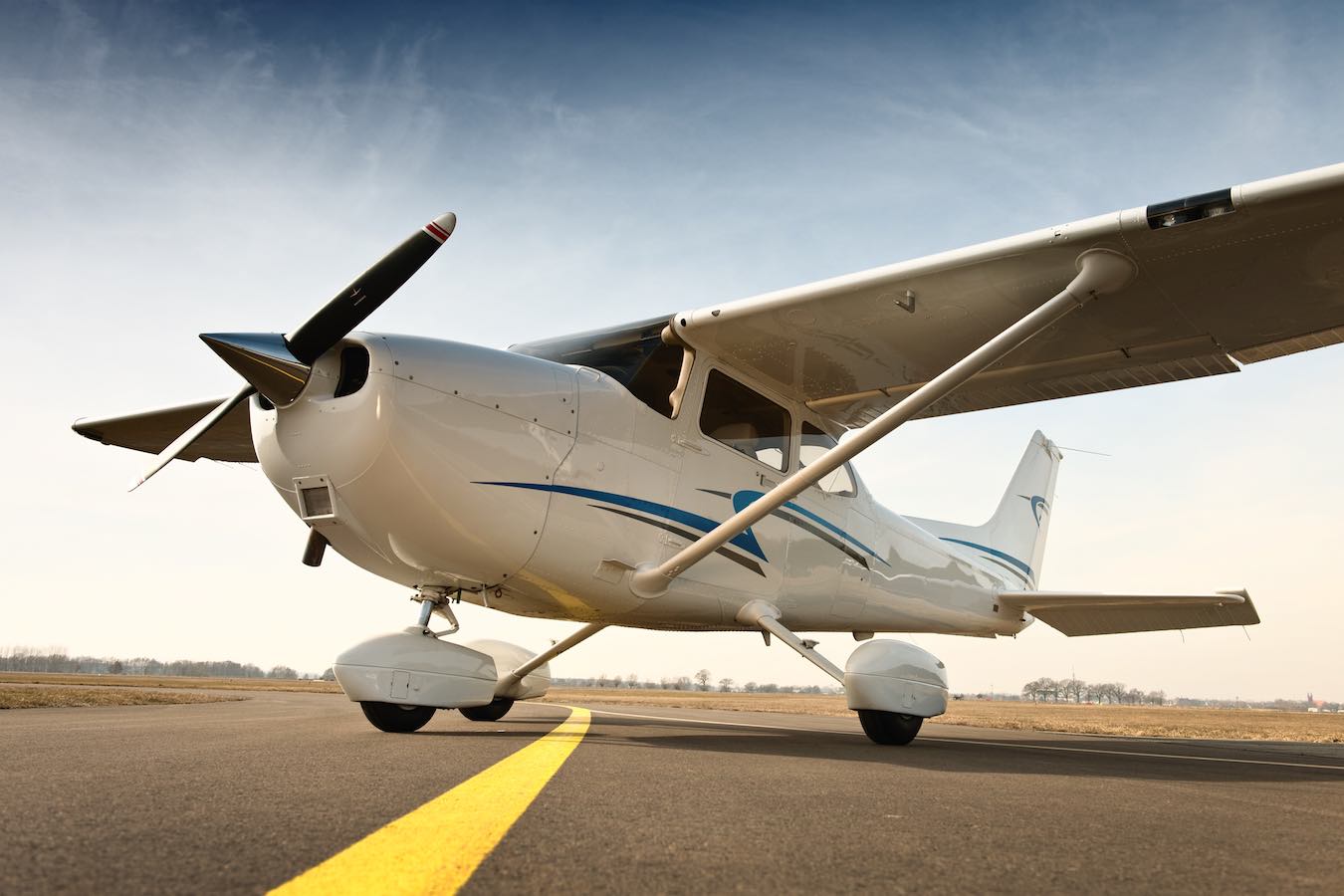
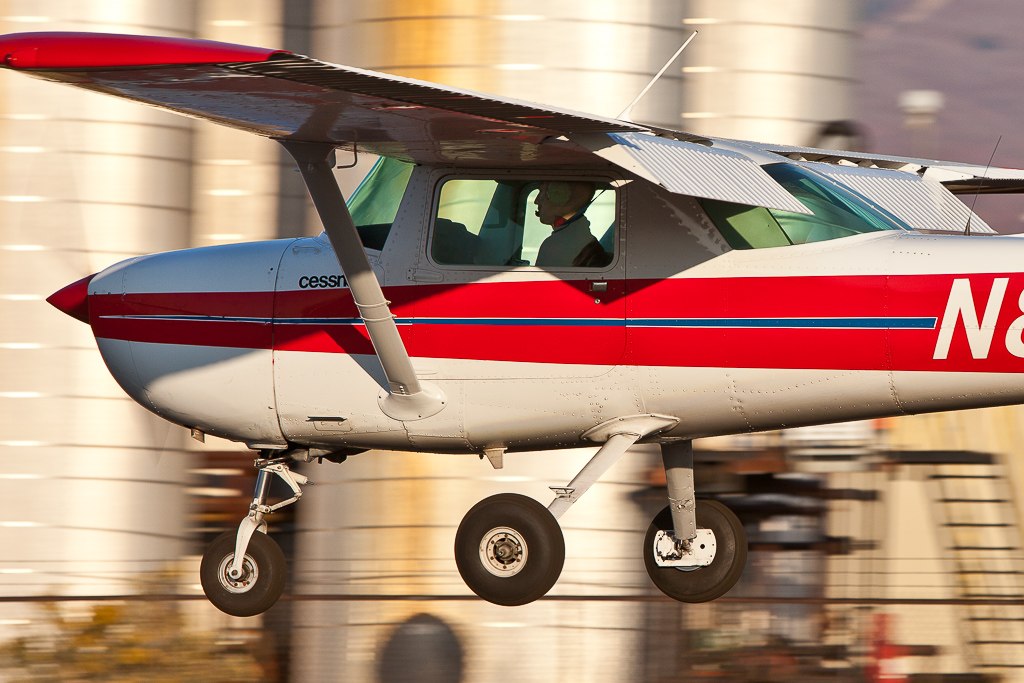

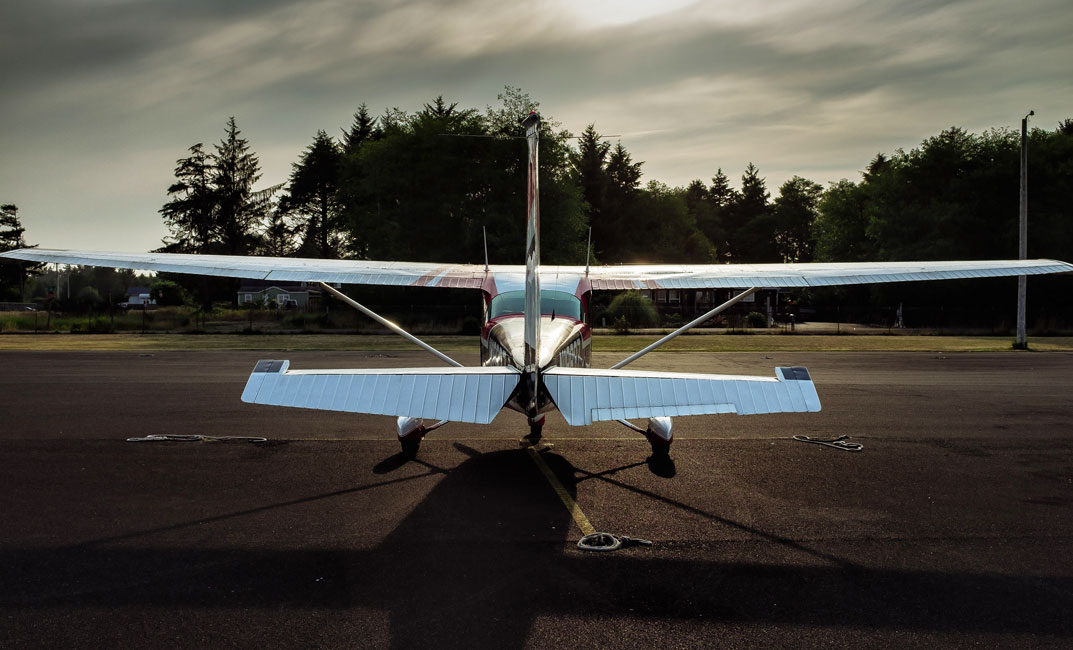


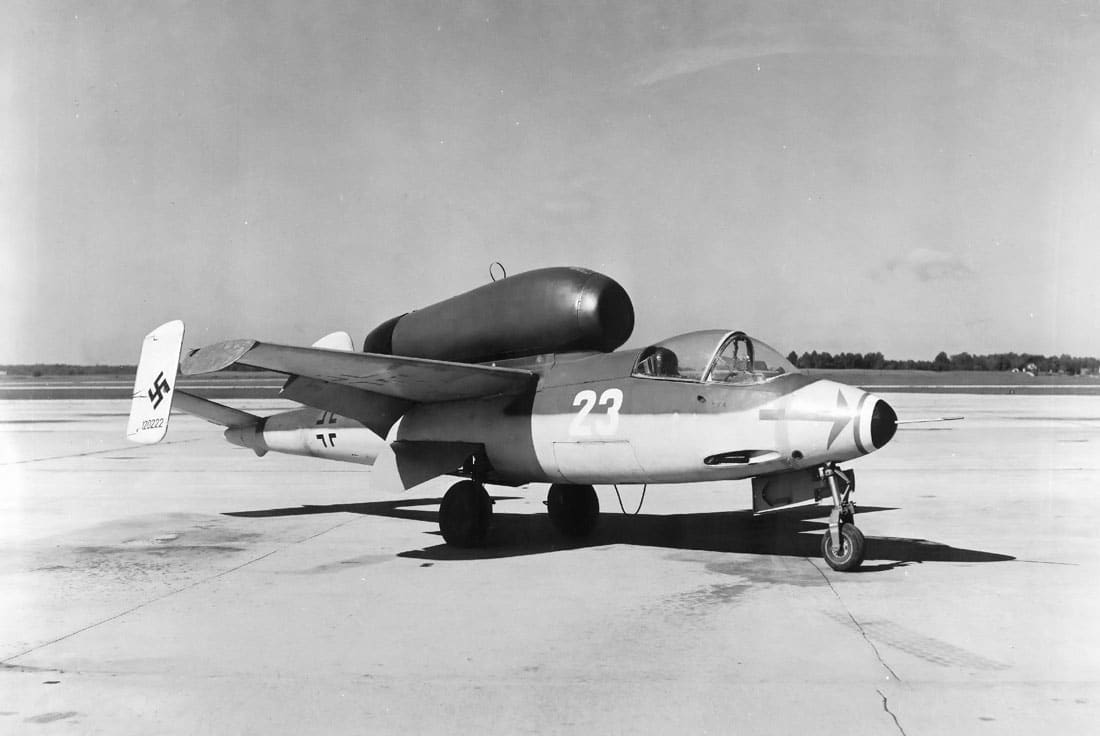



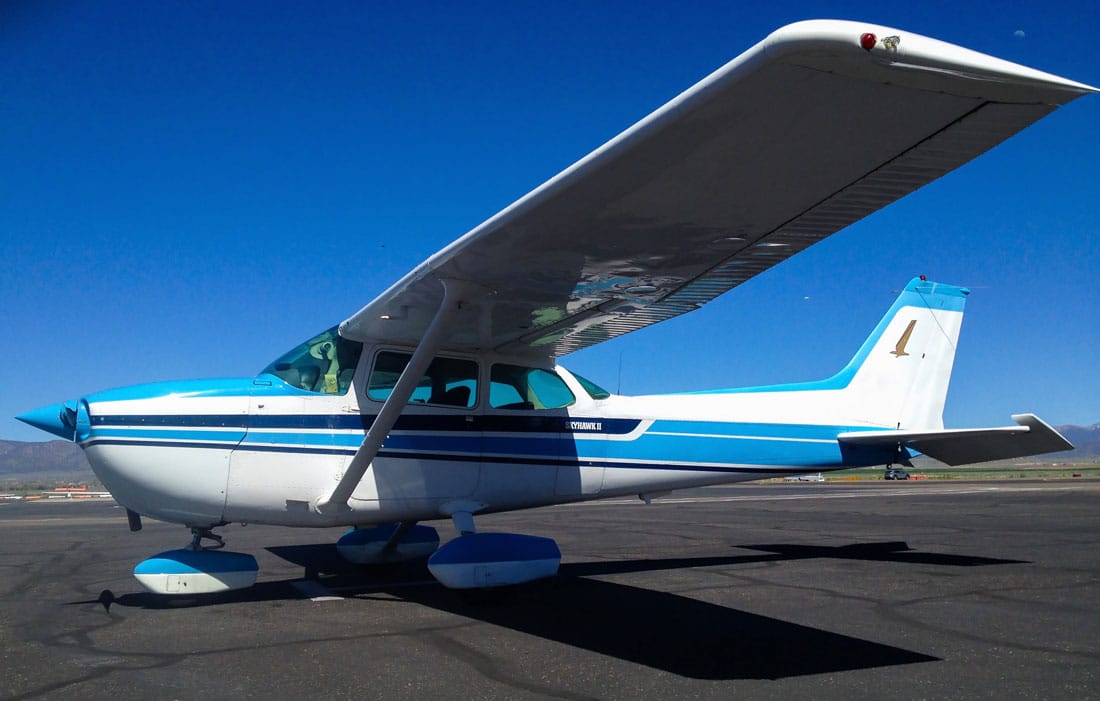
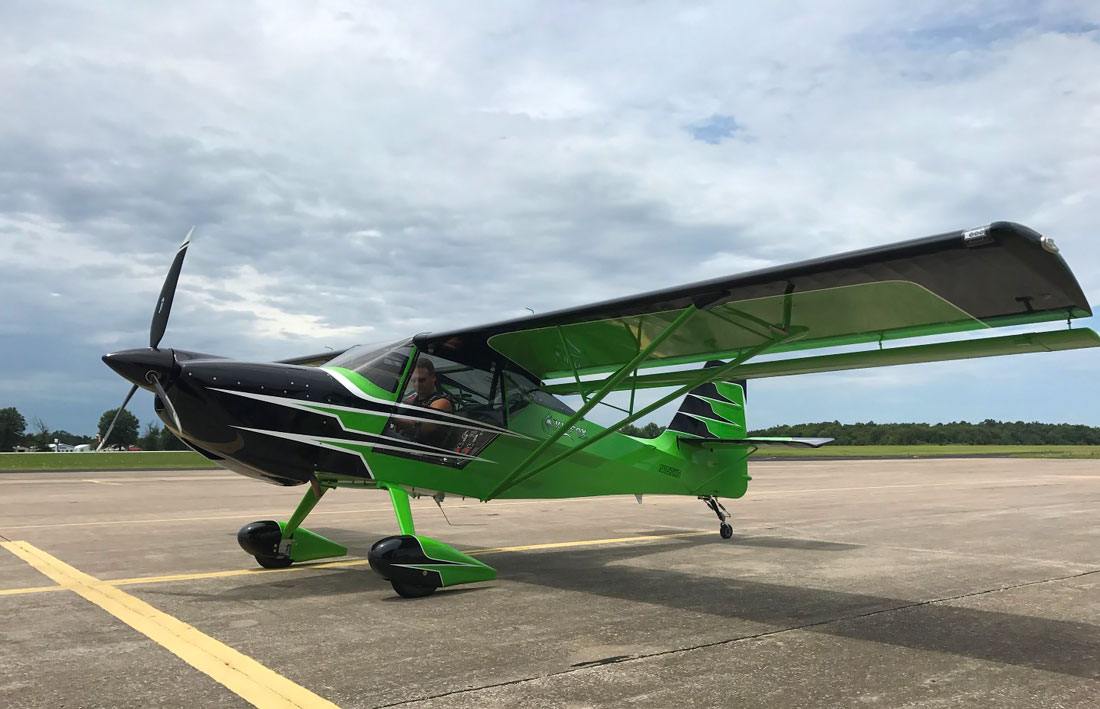
Leave a Reply